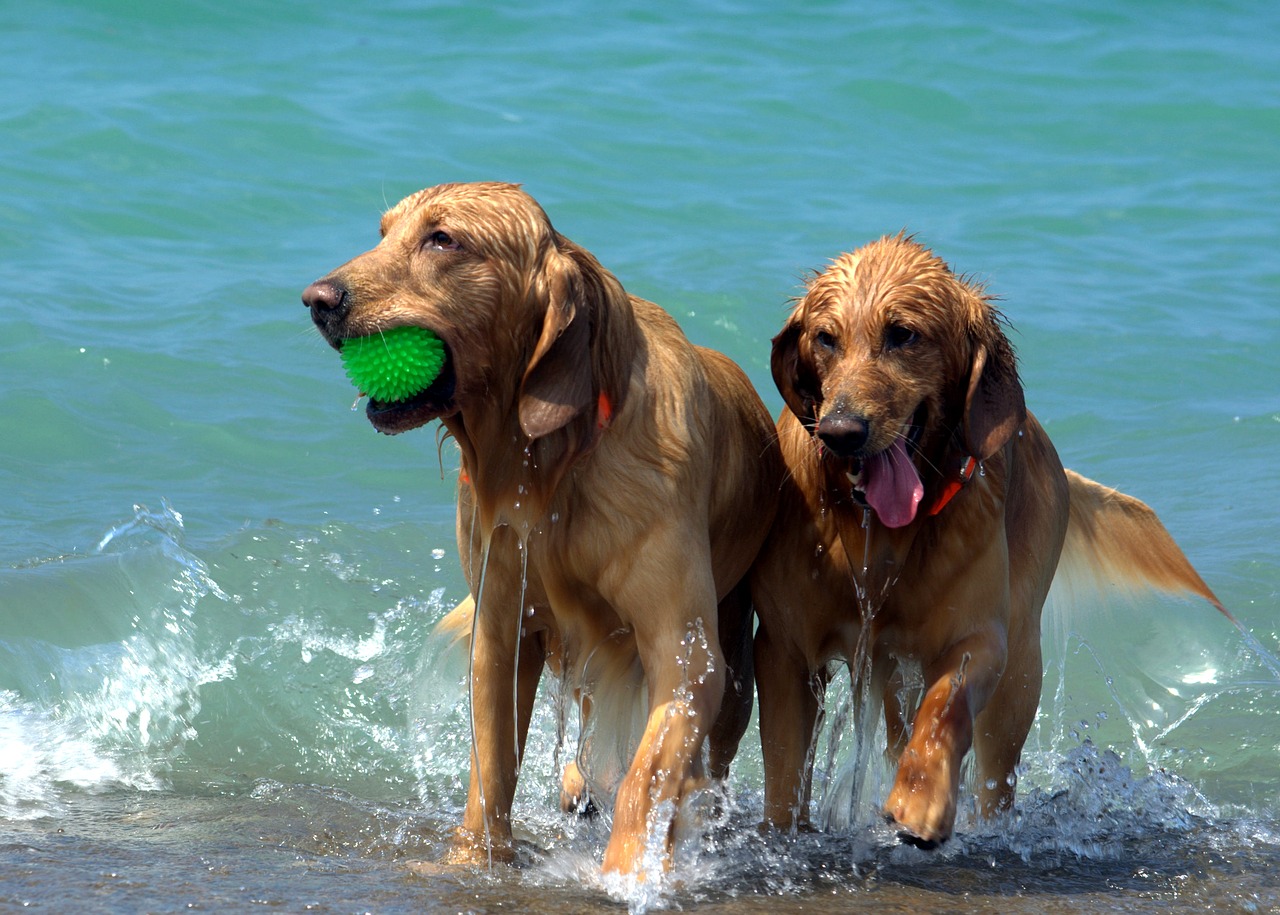What Should I Do About Fleas and Ticks?
United Animal Nations is pleased to share these tips on how to deal with fleas and ticks, which are usually most troublesome to pets in the warm summer weather. Fortunately, prevention and treatment are fairly simple, as you'll discover in these Frequently Asked Questions.
The information below offers suggested remedies, and should not be regarded as comprehensive. Please contact your veterinarian for more information.
How often should I check my pets for ticks or fleas?
Pets should be checked at least once a week for ticks, fleas, or skin irritations. If you discover a tick, remove it gently, using fine-point tweezers as close to the skin as possible (making sure to grasp the tick where the mouth parts are embedded into the skin).
Is it enough just to kill any fleas found on my pet?
Even a single adult flea on a dog or cat indicates a major infestation that must be treated.
At any given time, only 5% of the flea population is in the adult stage; the other 95% consists of pupae, larvae, and eggs. One female flea can lay more than 800 eggs in her six-week lifetime. An egg can become an adult flea, ready to reproduce, in less than three weeks. Within only 30 days, just 10 fleas can produce 250,000 children and grandchildren.The flea's diet consists of blood. Each flea feeds about once every hour, so an animal with only 25 fleas could be bitten as many as 600 times in one day.An excess of fleas can make your pet anemic. Constant scratching can cause hair loss, and allergies to fleas can cause hot spots. Animals can also develop large open, oozing wounds due to flea bites. All of these conditions are dangerous to a pet's health and expensive to treat. It's best to treat an infestation as early as possible.
How can I rid my pet of fleas?
w can I rid my pet of fleas?
The fine teeth of a flea comb will pull most of the adults and eggs off a pet. Combing your animal regularly will quickly determine whether or not fleas are present.
Flea shampoos are an effective means of killing fleas on a pet, but they are species-specific. (Never use a shampoo meant for dogs on cats.) Follow the instructions carefully. For best results, start lathering at the neck and work back to the tail. Be sure to soap the tail, legs, and underbelly completely. When done, rinse your pet as thoroughly as possible and towel dry.
Flea shampoos are better than flea powders or sprays or dips, since when properly rinsed no flea toxins remain to make your pet ill.
A flea collar may help kill fleas, but it's little more than a poison strap worn by a pet. Also, its effectiveness against fleas deteriorates over time and it must be changed regularly.
After treatment, prevention is necessary. Flea eggs or pupae can stay in a dormant state for months, growing to maturity when conditions for them "improve." You must get rid of them now, both inside and, if your animals are indoor/outdoor, outside as well.
How can I prevent fleas on my pet?
Many people use preventive medicines (such as Frontline, Program or Advantage) on their pets. These medications kill adult fleas and/or inhibit the growth of flea larvae. Consult your veterinarian about the risks and benefits of these products. Treatment of a pet should be done in conjunction with treatment of the areas in which the pet spends time.
How can I prevent fleas inside my house?
Vacuum regularly. Because fleas thrive on the contents of the vacuum cleaner bag, sprinkle some flea powder on the floor or carpet and vacuum that up, too. Dispose of the bag after vacuuming.
"Flea bombs" that contain an Insect Growth Regulator (IGR) prevent flea larvae from maturing, thus breaking the infestation cycle within a house. IGRs must be used in every room in a house in order to be effective. These products can be toxic to humans and other animals; research the side effects of IGR "bombs" before using.
How can I prevent fleas outside my house?
Fleas and ticks love tall grass, so mow and edge your yard well to eliminate this ideal breeding ground.
Some people prevent fleas by spraying toxic chemicals on their lawns. What's heavily toxic to fleas, however, will kill beneficial insects, and may also harm pets or humans. This approach should be used only after thorough research and with caution.
Several natural and/or nontoxic flea control approaches exist, including use of beneficial nematodes and diatomaceous earth. Nurseries and garden shops can be good sources of information on these methods.


